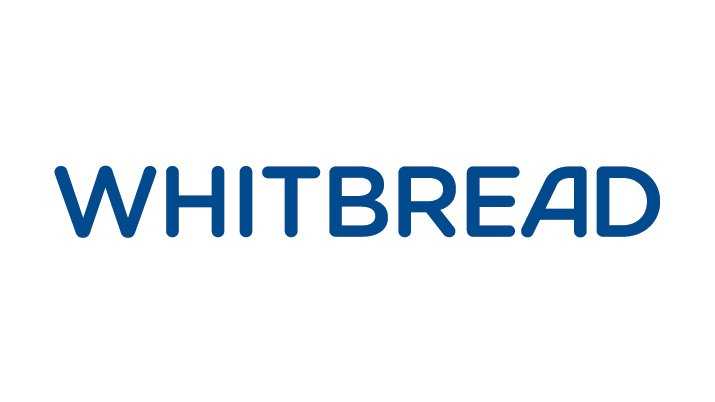Share your coffee stories with us by writing to info@comunicaffe.com.
Whitbread, the UK’s biggest hospitality company is announcing a brand new digital apprenticeship scheme; designed to equip candidates looking for alternative paths to university with the skills needed to face an increasingly digital economy.
The scheme, part of Whitbread’s WISE (Whitbread Investing In Skills and Employment) initiative will incorporate four newly-created roles, which will focus on digital-related specialisms, including software development, digital analytics and data science.
The digital apprentice roles challenge the perception of apprenticeships being in more traditional vocations, such as plumbing.
The initiative is part of the Premier Inn and Costa Coffee’s owner’s bid to address a skills shortage within this area. It is expected that 90 per cent of all jobs in 20 years’ time will require digital skills1, yet fewer than 8,000 students took A Level Computing in 2017.2 This low uptake has been attributed to a lack of teachers specialising as computing teachers2 and because the subject is considered a ‘difficult option’.3
It also reflects the hospitality brand’s wider focus on vocational training and its belief that there are many routes to success; whether that’s through formal apprenticeships or ‘on-the-job’ training.
The brand has awarded 2,350 apprentices industry qualifications to date, inspiring team members to choose a career – not just a job – in hospitality. These qualifications can prove incredibly valuable, apprenticeship graduates are 5.7 times more likely to progress to a higher role than non-apprentices.
This is a move which has been welcomed by many students, as the traditional route to success via ‘A’ grades at A level and a university education is no longer proving a requirement for a prosperous career or even happiness.
In fact, ONS figures show nearly half of recent graduates’ work in non-graduate roles4. Additionally, research suggests the intense pressure to succeed at school could even be contributing to a mental health crisis. Recent research by the NEU teaching union shows two-thirds of teachers (67 per cent) said the reformed A-Level exams had made student mental health ‘worse than before’.5
Catherine Braybrook, Head of Learning and Development at Premier Inn & Restaurants comments: “Today’s students are under extreme pressure to achieve academically. But, as most good employers know, good exam results are not always indicative of good performance in the working world and that’s why our motto at Whitbread is ‘no barriers to entry, no limits to ambition’. You might have a first-class degree from a top university and that is of course absolutely wonderful, but university isn’t the right path for everyone and what we really value is the ability to employ the people with the right attitude for the job – people with a spark and passion you just can’t teach. Every year we invest millions every year in ensuring our employee and apprenticeship programmes are best-in-class and we’re excited to today reveal our new digital apprenticeship scheme and say well done to young people across the country on their A level results”
One student who progressed quickly at the hospitality company without a degree is Charlotte Maloney, operations manager at a Premier Inn in Manchester, was ambitious but didn’t want degree debt. Choosing an apprenticeship with Whitbread, today she has no regrets, commenting: “I can hand on heart say that without doing my apprenticeships, I would not have advanced through the company, or gained the knowledge as quickly as I have done.“
Whitbread vacancies are advertised online at www.whitbread.com.















